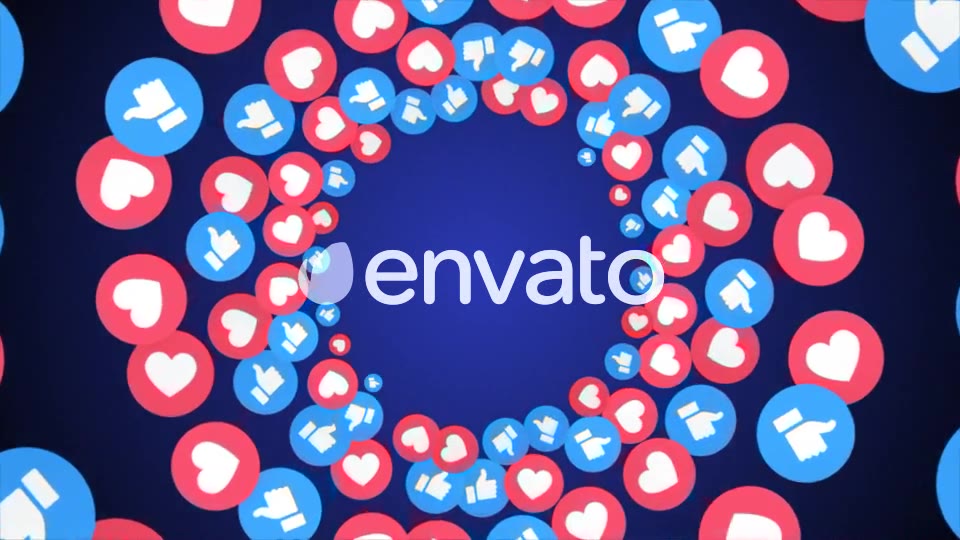


Uber-famous male ingenue Timothée Chalamet stars this weekend in Denis Villenueve’s “Dune,” the biggest “serious” blockbuster of the post-pandemic era to date. In hip-hop, there’s Drake, the zillion-selling rapper who alternates his stock tough-guy persona with an aggressive sensitivity that’s emboldened countless other rappers to get in touch with their emotions. K-Pop act BTS is the biggest band in the world right now its seven members, with varying hair-dye shades, share Allure-worthy skincare secrets with their fans.

Softboy culture hasn’t insinuated itself into the mainstream so much as overwhelmed it. To view Styles through that lens, his particular, well, style-recurring as it does across film, music, fashion, and the overall media landscape- starts to look something like hegemony. Arguably D.C.’s biggest show of the fall, his performance was part of a massive tour that’s serving as a capstone of sorts for the rise of a new generation of male icons who have slowly but surely redefined pop stardom in their own image. Andrew Breitbart presciently observed that politics lies downstream of culture - and culture is a realm that Styles has ruled for some time now. Refreshingly apolitical as it might have seemed, that’s not quite the world we live in.
#Alpha channels media shout 4 full#
Performing to a capacity Capital One Arena crowd full of “glitter, feather boas, and cowboy hats,” as one newsletter put it, he led the screaming throngs in an unusually enthusiastic recitation of the alphabet, meant to honor the capital’s numbered streets. An unlikely decade after he rose to fame as the face of a made-for-TV boy band, the British mega-singer Harry Styles mounted his own kind of campaign for Washington last month.


 0 kommentar(er)
0 kommentar(er)
